About Us
Durbar mahila samanwaya committee (Durbar in Bengali means unbeatable or unstoppable) is a collective of sex workers (male, female and transgender) based in West Bengal, India which represents the voices. Durbar Mahila Samanwaya Committee (DMSC) has been active since its inception in 1995 addressing social, cultural and structural barriers that frame the lives and occupation of sex workers. However, the group of people involved in the creation of this forum have been active since 1992 in HIV programs.Lack of self-esteem and stigma attached to sex work and negative attitude of the mainstream society towards sex and sex workers forced us to live in the margin of the society.Durbar is explicit about its political objective to get sex work recognized like any other work and sex worker like any worker in our society. We are involved in advocating reform of laws and policies that restrict human rights of sex workers, and tends to criminalize us and limits our enfranchisement as full citizen of the country.
DMSC actively supports various kinds of development activities for the sex workers community which includes their children and lover (Babus). DMSC in addition helps collectivization and development of other marginalized communities in the country e.g. domestic workers, indigenous people, construction workers, fisher women and others and promotes their rights and dignity.
Principles of Durbar:Durbar since its inception articulated three interconnected principles which are known as 3R i.e., Respect, Reliance and Recognition.
• Respect and dignity to sex work and towards sex workers
• Reliance on the knowledge and wisdom of the community of sex workers.
• Recognition of sex work as an occupation and preserve and protect their occupational and human rights.
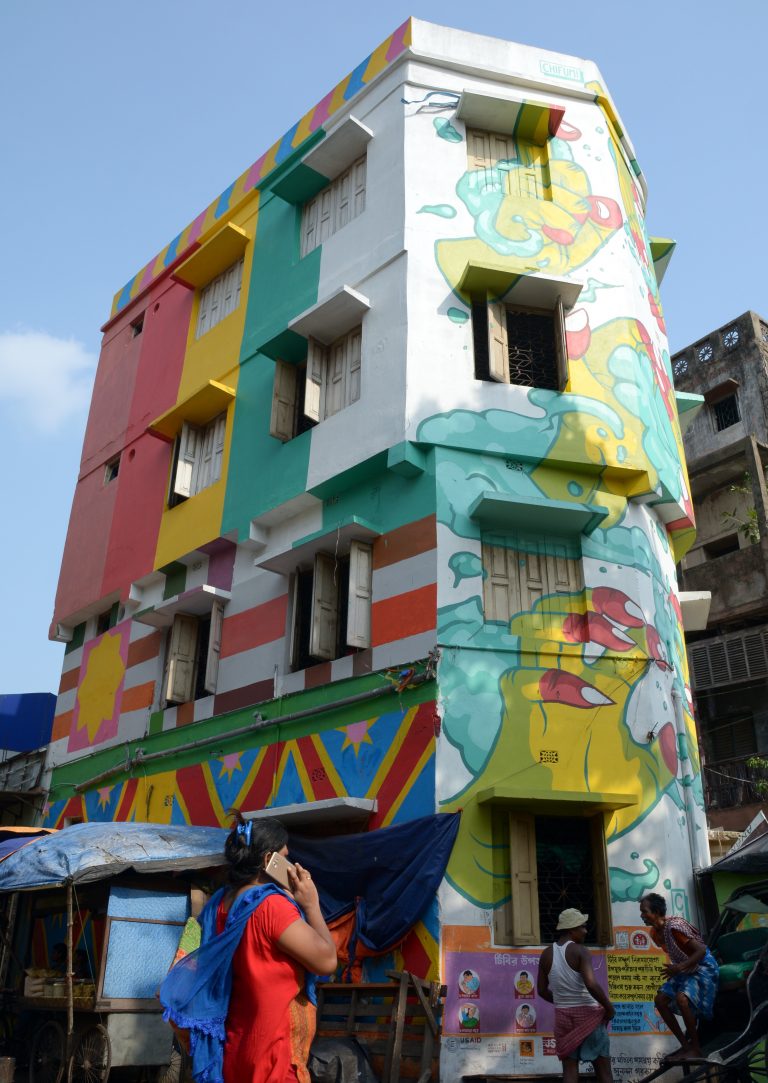
VISION
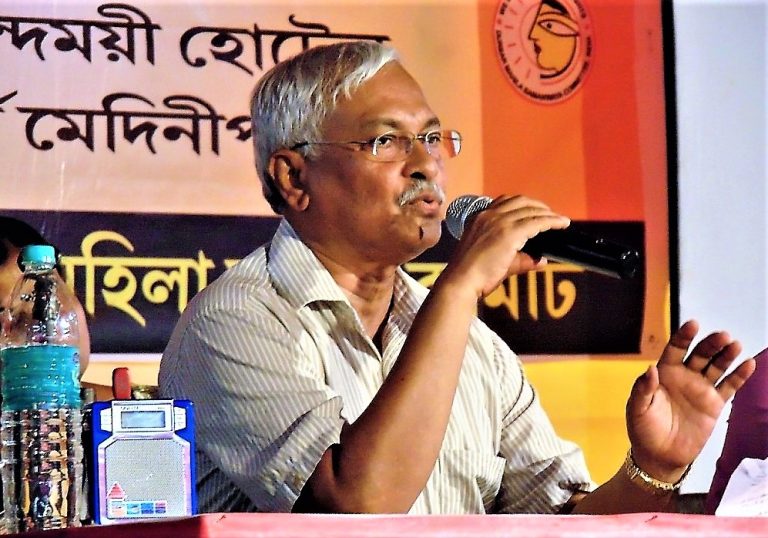
Durbar seeks to build a world where all marginalized communities live in an environment of respect, rights and dignity. Durbar hopes for a new social order where there is no discrimination by class, caste, gender or occupation and all individuals communities live in peace and harmony as global citizens. Improvement of image and self-esteem of marginalized communities.
MISSION
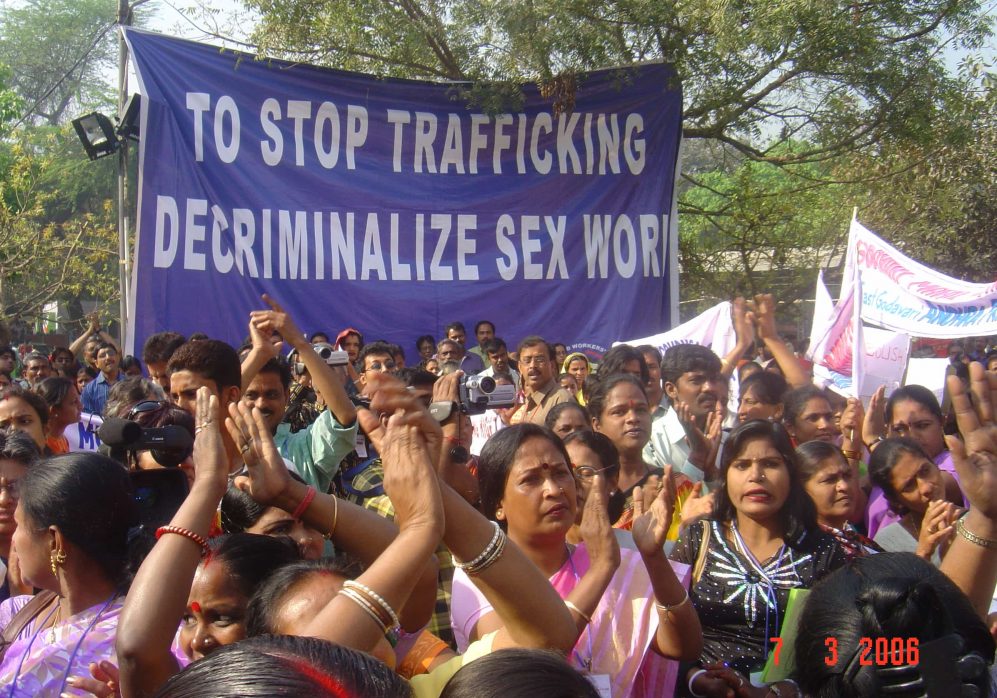
Durbar’s mission is to enhance a process of social and political change with an objective to establish, promote and strengthen the rights, dignity, social status, and improvement of the quality of life of all sex worker communities. Durbar wishes to integrate the sex workers movement with the broader global movement to establish rights of all marginalized communities in the globe through. Addressing power relations within the trade and outside.
KEY PEOPLE
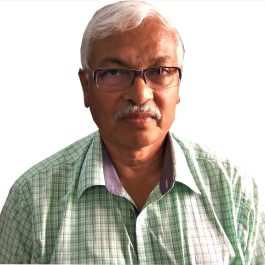
Dr. Smarajit Jana (Chief Advisor)
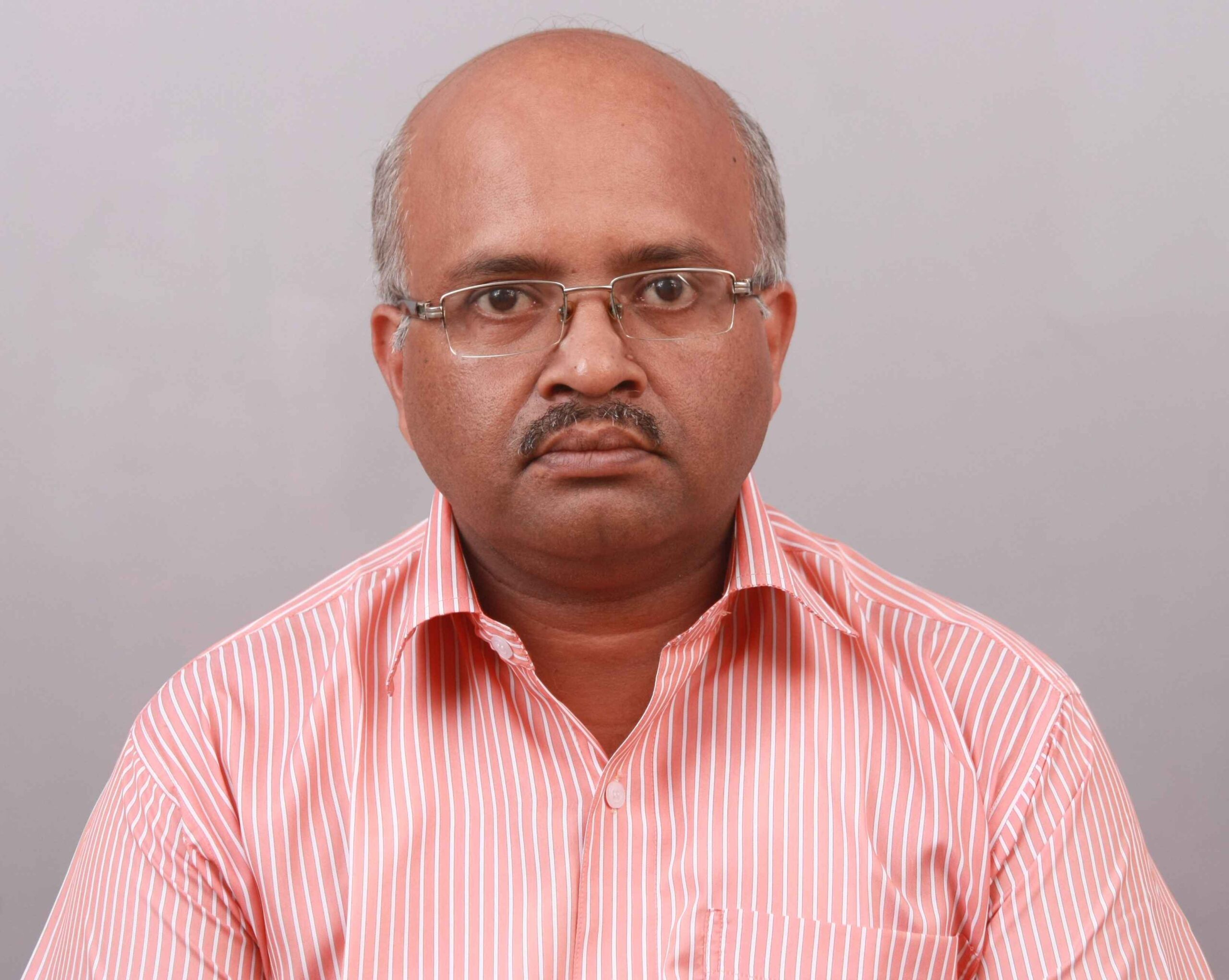
Dr. PROTIM RAY
Senior Research Executive
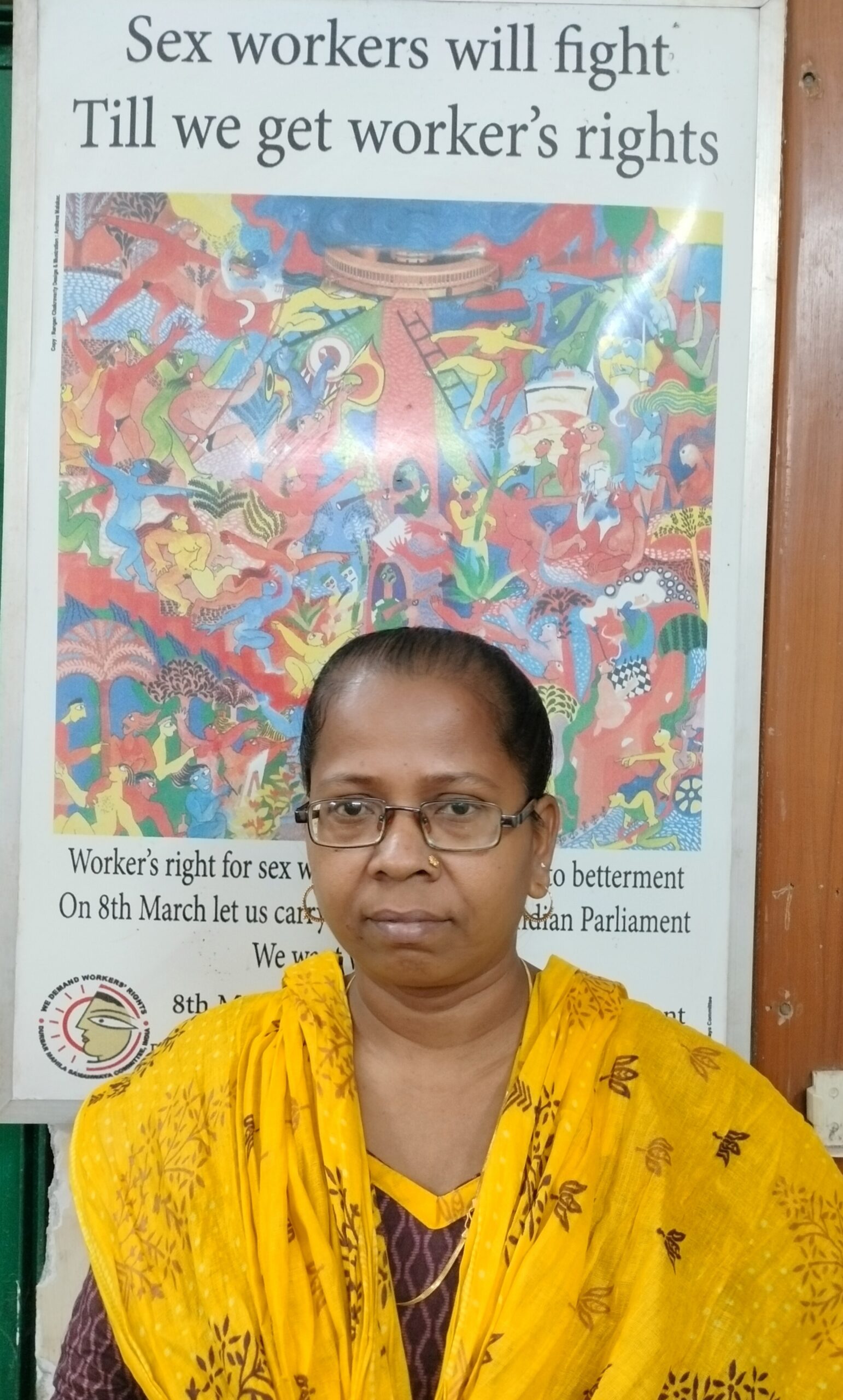
Marjina Bibi
President, DMSC
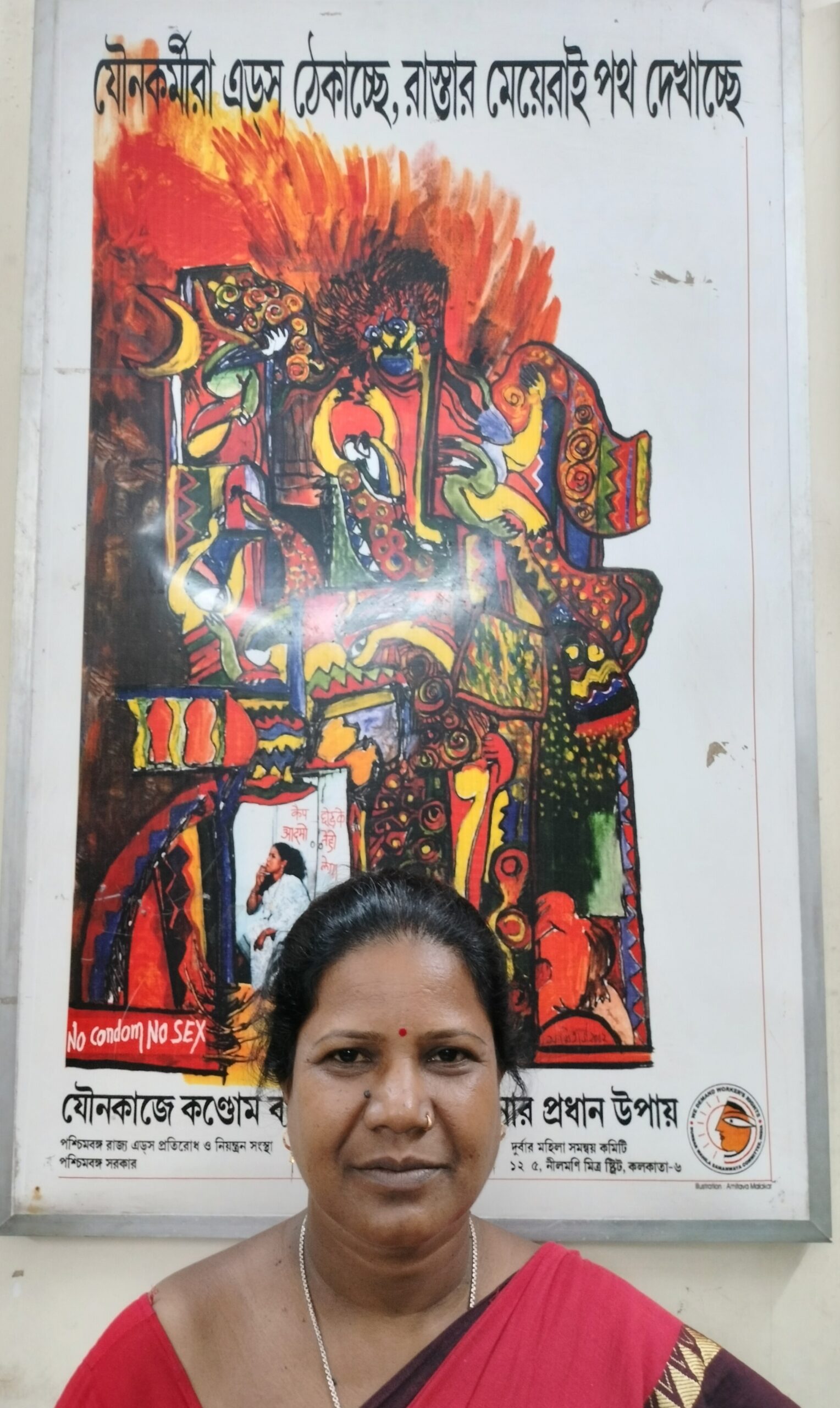
Bishakha Laskar
Secretary, DMSC
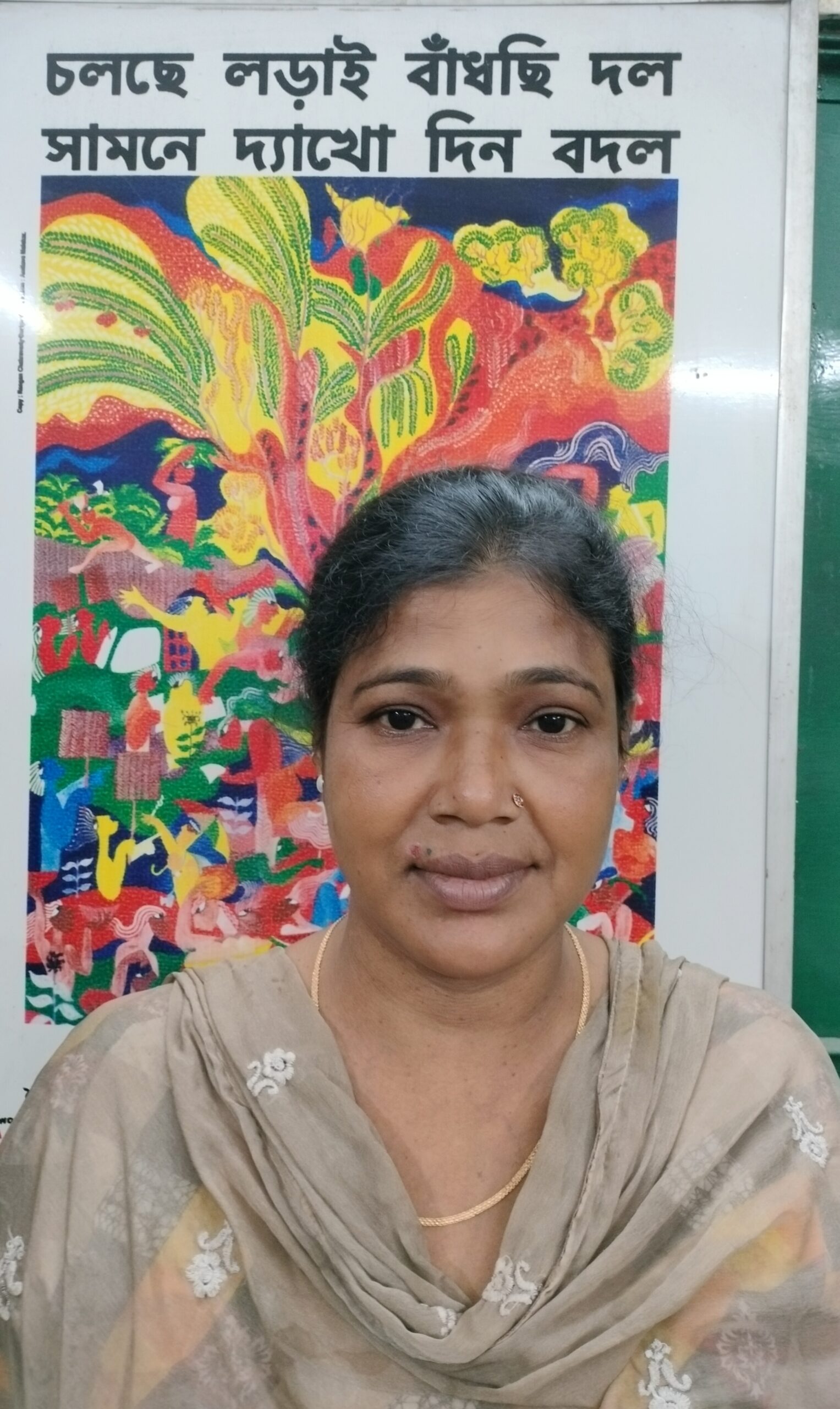
Sahanara Begam
Treasurer, DMSC
HISTORY OF DURBAR
A vertical HIV intervention program was launched in 1992 following a base line study conducted by All India Institute of Hygiene & Public Health (AIIH&PH), a Central Govt. institute. The objective was to initiate STD and HIV prevention program in Sonagachi, a red light zone in Kolkata, India. The intervention programme started with three principal components: provision of health services including STD treatment; information, education and communication (IEC); and condom programming. The program was pivotal on ‘peer based approach’. Recruiting sex workers from the community and providing training on health and HIV, they were promoted as peers and out reach workers. Their role was to spread HIV related messages among their colleagues and friends and also to help them avail clinical services in addition to condoms. However, over a period of time, the limitation of this approach was strongly felt by these peers, as various environmental factors like police raid, extortion by the local goons,
and negative attitude of service providers as well as from a section of researchers put an insurmountable barrier before the sex workers to access and to utilize preventive services. They started recognizing that there is a need to change the programming approach from just providing services to empower individuals of community members. They felt strongly the inclusion of empowering strategies to address various structural issues what their framework of project is unable to support in long run. Number of peers started playing their role beyond health educator to more of a ‘change agent’ to collect and collectivize opinions to group formation.
Developing a positive ‘image’ as sex workers, moving beyond the binaries of moral/immoral framework what the traditional discourse is all about – the sex workers’ collective move forward to address exploitation and social discrimination of sex workers. The organisation promote agency of the sex workers and put stress in their collective bargaining power both in accessing services related to safer sex as well as to improve working condition of sex workers. DMSC claims that for any intervention programme to succeed, it calls for socio-political activism with up to date knowledge and information, and sound skills and capacity of its staff members.
EXPANDING HORIZONS
Economic insecurity coupled with extortionate money lending practices that exist only in red light areas, had always been part of the lives of us, sex workers. This had made us unable to save our incomes and often made it impossible for many of us to escape debt traps. To change this, we took one of the most significant steps by registering a consumer co-operative society (Usha Multipurpose Co-operative Society Limited, or Usha). Usha is for and by sex workers. During August 1995, we succeeded in persuading the Government of West Bengal to remove the relevant clauses from the Cooperative law so that we could register our cooperative society as the co-operative of ‘sex workers’ rather than being passed off as ubiquitous ‘housewives’. The registration of the Co-operative marks an important strategic advantage for sex workers in our struggle to re-frame the definitions and meanings of our occupation. Usha hopes to use the fact that a state institution has formally recognised prostitution as the Co-operative member’s profession to bolster our campaign for social recognition of sex work and sex workers’ right to self-determination.
Usha runs a micro-credit programme for sex workers; creates alternative jobs for out-of-work or retired sex workers; does social marketing of condoms and other consumables; and plans to start a large scale production unit for generating employment for retired sex workers and those who want to opt out of sex work.
We, members of Usha are very emphatic that the Co-operative is not meant for economic rehabilitation of sex workers who are in the trade, but is designed to provide a financial support for us to fall back on in moments of crisis, and to minimise our economic desperation by creating a space for negotiation. Moreover, through social marketing of condoms in areas where we do not yet have an organisational base, Usha aims to acquaint more and more sex workers with the aims and objectives of the sex workers’ movement. The cooperative has done a tremendous service to the cause of sex workers’ empowerment by disempowering the local moneylender-pimp-trafficker nexus, which works as the pivotal coercive node in the trade.
Having developed the necessary technical expertise and infrastructure, Usha now operate as the principle financial institution for the range of sex workers’ organisations affiliated to Durbar, and
manages grants from external agencies for them. At present Usha has more than 5,000 registered members and its increasing turnover is trumpeted as a success story of the Cooperative movement in West Bengal by the Department of Cooperatives of the state government.
